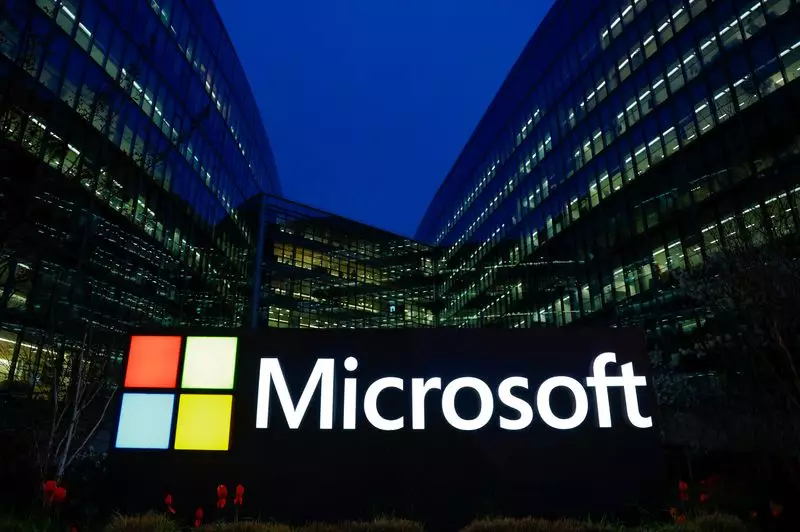Microsoft’s ambitious announcement regarding an $80 billion investment in fiscal 2025 for the development of data centers dedicated to artificial intelligence (AI) reflects a critical shift in corporate strategies across the globe. With the launch of ChatGPT by OpenAI in 2022, there has been noticeably heightened enthusiasm toward incorporating AI technologies into various business models. This investment underscores not just Microsoft’s commitment to advancing AI but also echoes a broader trend where industries are increasingly recognizing the importance of integrating AI capabilities within their operational frameworks.
The impetus behind this substantial investment primarily stems from the significant computational requirements of AI models. Training these models involves processing vast amounts of data, which in turn necessitates the deployment of specialized data centers. As such facilities enable tech giants to link thousands of chips together, they become the backbone of efficient AI development and performance. Microsoft is undeniably positioning itself at the forefront of these advancements, equipping its infrastructure to not only support its own AI initiatives but also to cater to the rising demand from diverse sectors seeking to harness AI technologies.
Analyzing Financial Forecasts
Microsoft’s financial outlook for fiscal 2025 indicates a broader capital expenditure that analysts estimate at approximately $84.24 billion, including capital leases, according to Visible Alpha. Furthermore, the company has recorded a 5.3% increase in capital expenditure for the first quarter, contributing $20 billion to this growth trajectory. Such figures illustrate a robust financial commitment and signal the company’s confidence in AI’s transformative potential. The substantial rise in allocation towards AI infrastructure is not merely a reaction to current trends but a proactive maneuver to establish a competitive edge in an increasingly crowded market.
Microsoft’s pivotal relationship with OpenAI positions it as a dominant player in the rapidly evolving AI landscape. This exclusive partnership offers the tech giant distinct advantages that set it apart from other players in the Big Tech arena. By investing heavily in the foundation that supports such innovative AI tools, Microsoft not only solidifies its current standing but potentially sets the stage for future breakthroughs that can redefine technology applications. Vice Chair and President Brad Smith emphasizes that the United States is currently a leader in the global AI race, attributing this success to private capital investments and the innovative spirit prevalent in American industries.
While the financial implications of this investment are profound, it raises pertinent questions around the ethical considerations of AI deployment. As Microsoft anticipates increasing AI integration in everyday services and products, it must prioritize ethical frameworks that address potential biases and data privacy concerns inherent in AI technologies. The road ahead may be fraught with challenges, but if navigated thoughtfully, Microsoft’s substantial investment can catalyze groundbreaking advancements that improve efficiency and accessibility in technology for businesses and consumers alike.
Microsoft’s $80 billion investment is a testament to its commitment not only to technological advancement but also to shaping the future landscape of AI. As this financial endeavor unfolds, all eyes will be on how these investments translate into tangible innovations and responsible applications in the years to come.

